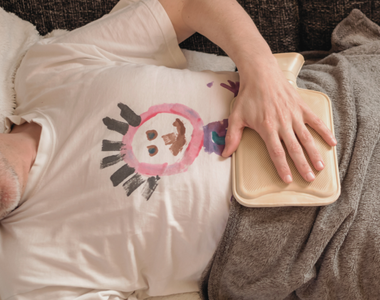
Covid-19 can infect insulin-producing cells in the pancreas and alter their function, potentially explaining why some healthy people first develop diabetes after becoming infected with the virus.
Doctors are increasingly concerned about the growing number of patients who have developed diabetes either during coronavirus infection, or soon after they have recovered.
Various theories have been put forward to explain why this happens. One is that the virus infects pancreatic cells via the same ACE2 receptor found on the surface of lung cells and interferes with their ability to produce insulin - a hormone that helps the body regulate blood glucose levels; Either, an overreaction of antibodies to the virus can accidentally damage pancreatic cells, or inflammation elsewhere in the body can make tissues less sensitive to insulin.
To investigate this case, Professor Shuibing Chen at Weill Cornell Medicine in New York examined various cells and organelles - groups of cells grown in the laboratory that mimic organ function - to identify which could be infected by Covid. The results suggested that the organs of the lungs, colon, heart, liver and pancreas could be infected, just like dopamine-producing brain cells.
Further experiments found that the beta cells that produce insulin inside the pancreas were also sensitive and that after being infected, these cells produced less insulin. It is not yet clear whether the changes caused by Covid infection are long-term.
"However, we do know that in some patients who had very unstable blood glucose levels when they were in the intensive care unit with Covid-19, some of them were cured suggesting that diabetes problems are not permanent in all , ”Said Chen.
Recent research may suggest that people with pre-existing diabetes or prediabetes are at greater risk of pancreatic dysfunction if infected with Covid-19.
"Diabetic patients are generally no longer susceptible to Covid-19 infection in terms of frequency, but once infected they develop more serious complications and severe metabolic disorders," said Prof. Francesco Dotta from the University of Siena in Italy.
"This research deepens our understanding of how diabetes and Covid-19 can interact biologically," said Dr Lucy Chambers, Director at Diabetes UK.
"This will help develop new, effective ways to treat people at risk - or those living with - diabetes who have Covid-19. "Making the vaccine, including a booster when needed, remains the best form of protection against the virus."
- 11 foods that all people with diabetes should keep in their kitchen!
- Covid: 37% of people have symptoms six months after infection
- Yes, you can have Covid-19 and the flu at the same time: What happens to the body in these cases!
- What you should and should not do directly after getting the vaccine!
- Autumn Allergy or Covid-19: How to tell which one you have!
Sources: Guardian, StemCells, Diabets.org





